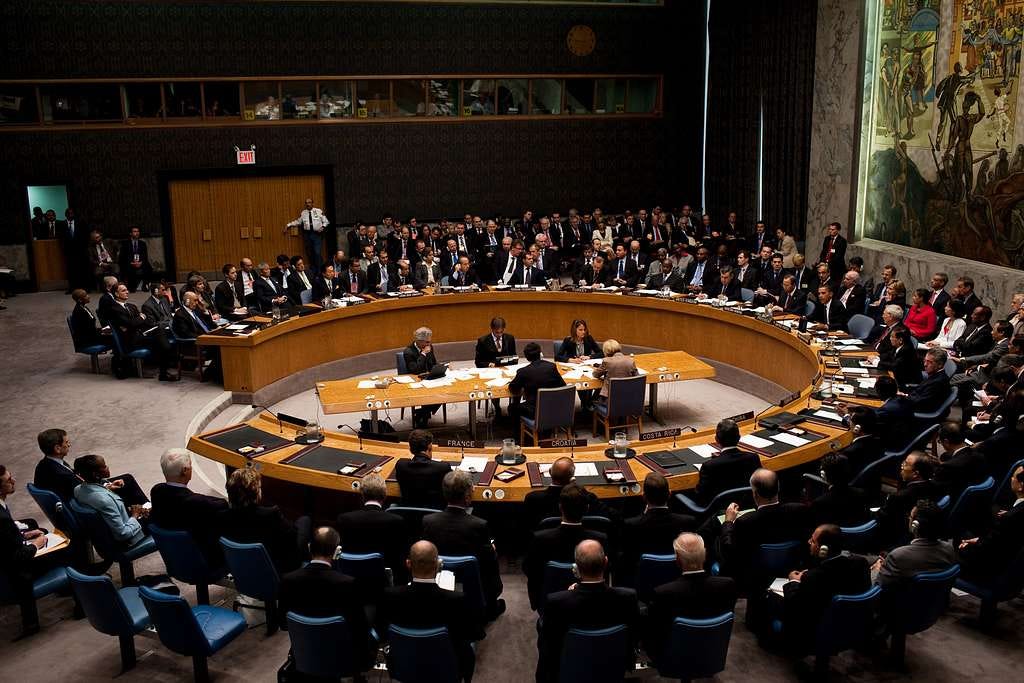Why military action against Canada, Greenland or Panama would be illegal
Key points at a glance

President-elect Donald Trump recently suggested that Canada, the Panama Canal, and Greenland should become part of the United States. This article provides a brief analysis on why military action against any the mentioned territories would violate national and international law.
Relevant legal frameworks
The concept of a “just war” underpins ethical conduct in military operations. One of the key principles of just war is jus ad bellum (“right to war”), which requires a legitimate cause for conflict. Aggression against an ally, absent provocation, is inherently unjust — and would be illegal on multiple levels:
U.S. Constitution:
The U.S. President has no legal authority to initiate a war. The Constitution grants Congress, not the President, the power to declare war, as outlined in Article I, Section 8. The War Powers Resolution restricts the President from committing the U.S. to armed conflict without (1) a declaration of war, (2) specific statutory authorization, or (3) a national emergency created by attack upon the United States, its territories, or possessions or its armed forces. None of these conditions apply to the countries and territories targeted in Trump’s recent rhetoric.International law:
According to the United Nations Charter, lawful justifications for waging war are (1) self-defense, (2) defense of an ally under treaty, or (3) approval by the United Nations Security Council. None of these conditions apply to the countries and territories in question. The UN Charter is legally binding for all member states, including the United States.NATO:
North Atlantic Treaty Organization (NATO) countries have made several key commitments, including collective defense and the maintenance of international peace and security. The U.S. Constitution’s Supremacy Clause establishes that treaties made under the authority of the United States are part of the “supreme Law of the Land.” Violating the NATO Treaty by attacking an allied nation would conflict with this constitutional mandate to uphold treaties as binding law.
As famously declared by the International Military Tribunal at Nuremberg, a war of aggression “is not only an international crime; it is the supreme international crime, differing only from other war crimes in that it contains within itself the accumulated evil of the whole.”
Learn more:
To receive new posts, join my newsletter for free. I don’t do paywalls. I don’t do ads. If you’d like to show your support for my writing and help this project grow, consider upgrading to a paid subscription for only a few dollars a month. This will allow me to continue this work — and keep my articles available to everyone.







I can’t believe this is needing to be explained. Christ.
Did anybody see any pushback at all from Nato - while Trump said outrageous things in the oval ? They are there to funnel us weapons to bogus wars.